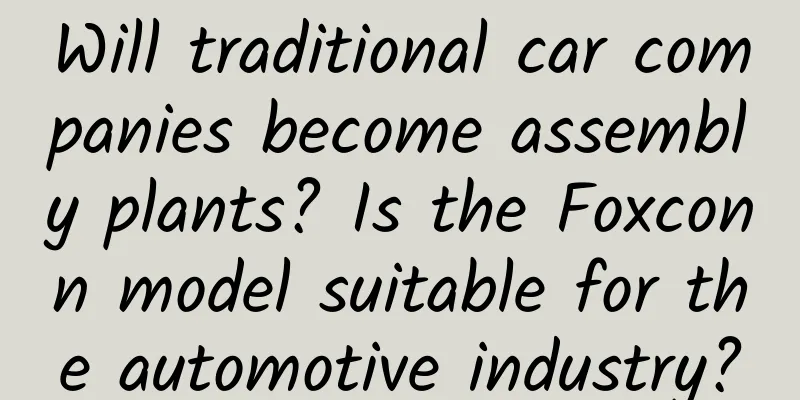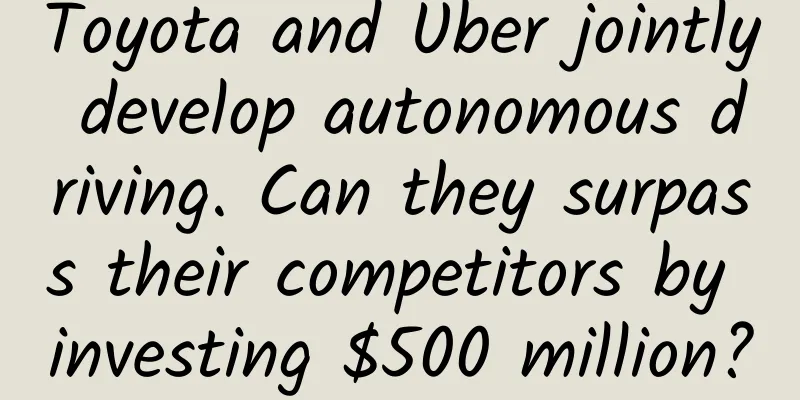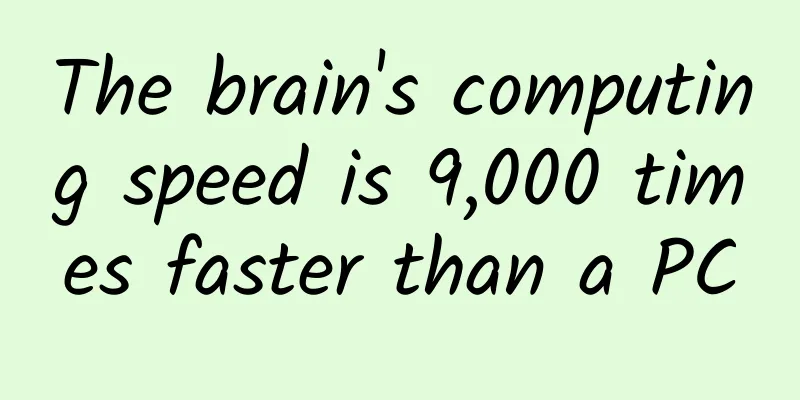Will traditional car companies become assembly plants? Is the Foxconn model suitable for the automotive industry?

|
Foxconn does not design, market or sell a single product but is one of the world's largest consumer electronics manufacturers. Could this type of collaboration work in the automotive industry? The future is likely to be one in which companies like Apple, Uber and Waymo design cars, while traditional automakers like Volkswagen, Mercedes-Benz, BMW, Ford and General Motors are hired to assemble them. Foxconn is the king of contract manufacturers. It makes a ton of products: everything from flat-screen TVs to smartphones for cash-rich tech giants like Apple, Nokia, Samsung, Sony, and more. Clients provide Foxconn with a set of schematics. Foxconn then manages the supply chain and builds the product quickly so that the client can market and sell it to the masses. This outsourcing arrangement is beneficial to both parties. If successful, outsourcing construction enables the client to increase its production capacity and reduce time to market, acquire new products that it cannot produce on its own, and most importantly, increase profits by reducing production costs because its factories are in developing countries that offer cheap labor. This works for phones, but does it work for cars? Although today's cars are already largely intelligent, the software architecture and electronic platforms designed to support them are not where traditional automakers have core competitiveness. Traditional car companies are looking for technology companies that are more suitable for developing these technologies. Ford did not write autonomous driving software, so it acquired Argo to do it. General Motors acquired Cruise. Take BMW's recent deal with Chinese battery maker CATL. BMW is paying $4.6 billion to supply all the batteries for the Bavarian automaker's electric vehicles. More than a third of the battery packs will come from a new CATL plant in Erfurt, Germany, with the rest coming from China. CATL will also source all the materials needed to make the batteries. Batteries account for a large part of the cost of a car. However, BMW does not manufacture batteries, and it is the best choice for BMW to hand them over to CATL. There is a lot of evidence that traditional automakers will eventually provide contract manufacturing services. FCA and Jaguar Land Rover are providing platforms for Waymo's self-driving vehicles. Under this plan, traditional automakers become a link in Waymo's supply chain. Volkswagen is also providing the same service to Apple. Automakers can also write the software needed to manage the internal operations of a car, but writing new software systems is extremely difficult and expensive. Mass assembly and manufacturing is not simple. The traditional car manufacturers understand mass production. They understand organizing supply chains. They understand testing and certification. And they understand deadlines. The tech giants have proven that they don’t want to do manufacturing.” For years, automakers have been reducing the proportion of parts they make themselves, sourcing them from Tier 1 suppliers such as Bosch, Continental, Denso, Delphi and Magna. A handful of independent European manufacturers have successfully applied the contract assembly concept to small-volume, niche vehicles. Google even built a prototype self-driving car using components from multiple suppliers, with contract manufacturing performed by Roush. The application of the Foxconn model to the conservative automotive industry does not seem to be feasible at present. Traditional automakers still complete all final assembly, even if they outsource many components and subassemblies, such as cockpits, seats and front-end modules. It is still too early to say what changes will happen in the future and who will be the winners and losers in the new paradigm. Although the contract manufacturing business model is feasible for mobile phones, it is not very clear whether it will be applied to the automotive industry in the future. However, it cannot be denied that it is an attractive option and an option with a reliable return on investment. As a winner of Toutiao's Qingyun Plan and Baijiahao's Bai+ Plan, the 2019 Baidu Digital Author of the Year, the Baijiahao's Most Popular Author in the Technology Field, the 2019 Sogou Technology and Culture Author, and the 2021 Baijiahao Quarterly Influential Creator, he has won many awards, including the 2013 Sohu Best Industry Media Person, the 2015 China New Media Entrepreneurship Competition Beijing Third Place, the 2015 Guangmang Experience Award, the 2015 China New Media Entrepreneurship Competition Finals Third Place, and the 2018 Baidu Dynamic Annual Powerful Celebrity. |
Recommend
Logitech launches new keyboard Keys-To-Go with support for Android/Win
Logitech has always performed very well in the fi...
WeChat Developer Guidelines
When developers develop official accounts, in add...
Why are iPhone 6 and iPhone 6+ so easy to bend?
As someone who has worked on mobile phone structu...
What are the functions of the garbage recycling mini program and how much does the garbage recycling mini program cost?
Since 2019, many cities in China have started to c...
If information flow advertising can achieve these 3 points, the effect will be reversed in minutes!
A page that can stimulate users' desire to co...
One picture to understand: What should you do if a cyst is found during a physical examination?
"Nodules", "polyps", "cy...
Alibaba TrustPass Operation Tutorial (31 video lessons in total)
Chapter 1: Understand the platform and your own p...
How does Toutiao build the user life cycle?
I have met some friends who can talk eloquently a...
The "Jiuxiao Huanpei" Qin collected by the National Museum of China (Part 1)
The "Jiuxiao Huanpei" Qin collected by ...
Electronic social security cards will be implemented nationwide: WeChat/Alipay and other apps can apply for them for free
According to 36Kr citing Gaodu News, the Ministry...
Weird patent: How to fish in a person's stomach?
In 1854, the United States Patent Office received...
Global AI Application Top 50 Ranking
In recent years, the AI native application mark...
Is the effect of bidding promotion declining? You must analyze these 8 factors
Nowadays, most of our SEM promotions revolve arou...









